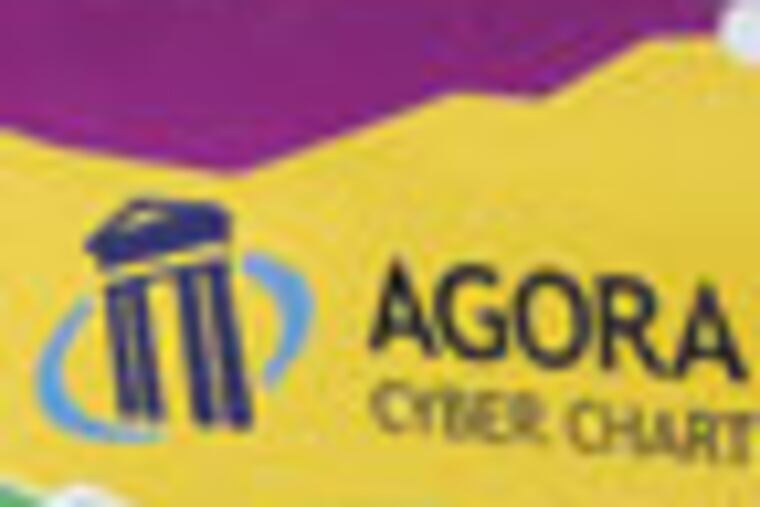Lesson learned
By Rhonda Brownstein The Pennsylvania Department of Education is considering eight new cyber charter school applications, including four that would target Philadelphia-area students. It should not approve a single one.

By Rhonda Brownstein
The Pennsylvania Department of Education is considering eight new cyber charter school applications, including four that would target Philadelphia-area students. It should not approve a single one.
The academic performance of the more than 32,000 students in the state's 16 existing cyber charter schools - the most in any state - raises serious questions about these primarily online schools, and it should give the Education Department great pause.
Moreover, state laws governing cyber charters require the department to review the schools every year, and to close them if they aren't meeting state standards. The department is in danger of violating the law if it continues to ignore the glaring problems of the existing cyber charters. Adding eight more cyber charters would further jeopardize its ability to uphold the law.
There is no high-quality, research-based evidence showing that full-time virtual schooling at the K-12 level is an adequate replacement for traditional face-to-face teaching and learning. But there is clear evidence that Pennsylvania's existing cyber charter schools are failing to provide high-quality education to many students. On every measure of student achievement, in fact, cyber charter schools are performing worse than traditional public schools.
Although students entering the state's cyber charter schools tend to have higher test scores than those in other charters, their academic performance while attending cyber schools was significantly worse than that of other students, according to a 2011 study by Stanford's Center for Research on Education Outcomes. That suggests that many cyber charter students are actually regressing in terms of academic achievement.
Graduation and adequate yearly progress rates - a measure required by the No Child Left Behind law - further demonstrate that cyber charter schools are failing our students. Only one Pennsylvania cyber charter school in operation during the last school year showed adequate yearly progress, and that was only after the state Department of Education violated federal guidelines by manipulating the measure. Only one cyber charter exceeded the state's average graduation rate of 83 percent. And at least five cyber charters have failed to make adequate yearly progress for three consecutive years.
A report this year by the noted education researcher Gary Miron urged states to examine the poor performance of students in cyber charter schools and consider how they can be improved before they allow any expanded use of this model. We have urged the Education Department to heed this advice.
The department's last independent analysis of cyber charter schools was conducted more than a decade ago. During that time, we at the Education Law Center of Pennsylvania have heard from parents who say their children are getting almost no interaction with teachers at cyber charters, families who say their children were dropped from cyber charters' enrollment without warning, and students who spent a few months in a cyber charter program only to return to their public schools woefully behind in their class work. Neglecting these problems is a disservice to students and taxpayers.
Both state Auditor General Jack Wagner and the state Task Force on School Cost Reduction have concluded that school districts are overpaying cyber charter schools because the existing funding formula is based on the cost of educating a student in a physical classroom. Not only is this an inefficient use of public funds, but it's allowing individuals and entities to profit from the inefficiency.
Until these schools' fiscal and academic issues can be resolved, the Department of Education should declare a moratorium on new cyber charters.